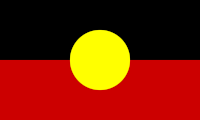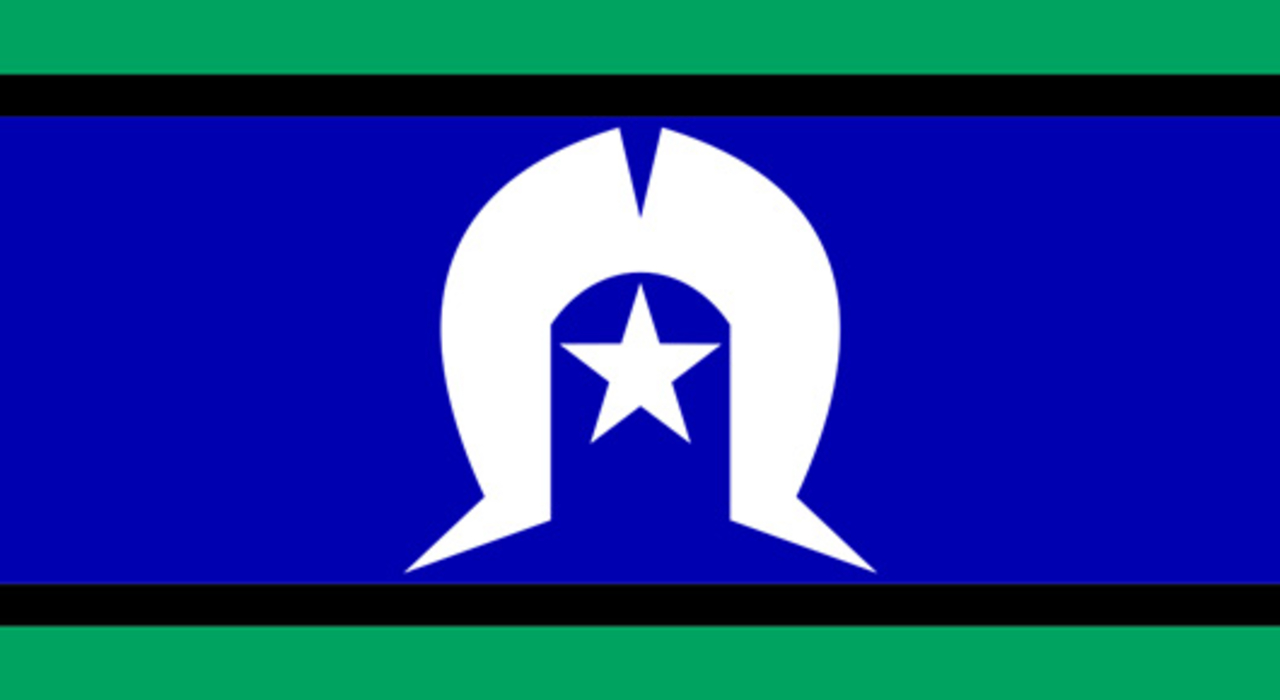The Australian Muslim Women’s Centre for Human Rights (AMWCHR) offers face-to-face and online training workshops to organisations and providers looking to develop their understanding of the Muslim community in Australia, build their knowledge of the basics of the Islamic faith and explore ways to enhance their work practices to be inclusive and responsive to Muslim communities.
AMWCHR brings over 30 years of experience advocating, researching, publishing, and informing policy decisions and reform initiatives. They are now offering paid training and consultation to increase sector capacity to recognise and respond to the needs of Muslim women, children and families.
AMWCHR is currently offering training workshops in the following areas:
- Insights into working with Muslim migrant communities
- Responding to Family Violence in Muslim communities
- Working with victims of Early and Forced marriage in Muslim communities.
To book training, please contact AMWCHR on 03 9481 3000 or email reception@amwchr.org.au to receive their brochure.
Workers in the family violence prevention and disability sectors will be better equipped with the skills to prevent violence against women with disabilities thanks to a funding boost to Women with Disabilities Victoria.
The state government will invest $1.8 million to support the expanded delivery of its Gender and Disability Workforce Development Program, which gives workers the skills to prevent violence against women with disabilities.
Since it began in 2017, the program has offered training and professional development to more than 900 participants from disability, social services, local government, prevention and carer workforces.
(Source: Premiers media release, 10.5.23)
Building on the work of program lead healthAbility, Baby Makes 3 has received $1.2 million from the state government for this innovative, evidence-based program for new parents, delivered across more than 40 health services in Victoria.
Funded by the state government since 2017, Baby Makes 3 has been adapted to support diverse families including those from culturally and linguistically diverse communities, rainbow families and Aboriginal and Torres Strait Island families.
The program builds mutual understanding, appreciation and respect among first-time parents and supports the capacity of local governments, maternal and child health and maternity services to promote gender equality and challenge traditional gender stereotypes. Baby Makes 3 works to build equal and respectful relationships for families who are becoming parents for the first time, and highlights its focus on challenging the rigid gender stereotypes and social norms associated with parenting.
In 2022, the program won VicHealth’s prestigious Outstanding Health Promotion Award for making a tangible difference in improving Victorians’ health and quality of life.
(Source: Premiers’ Media Release, 13.5.23)
The NIFVS Team is excited to be welcoming Katrina Dickinson to the role of MARAMIS and Workforce Development Coordinator. Katrina will formally start her role in mid-May.
Katrina (she/her) brings a range of experiences across the family violence sector, trained as a Social Worker and having worked extensively across response and prevention. Katrina has worked for Doncare, The Orange Door, The Salvation Army and most recently at WHIN as Preventing Gender-Based Violence and Gender Equality Health Promotion Officer, with a focus on Workforce Capacity Building. Katrina also has worked in Graphic Design and in Communications at No to Violence.
Katrina is a passionate intersectional feminist who also happens to enjoy the world of art and design in her personal time.
On 30 March 2023, organisational leaders across the northern metropolitan region progressed recommendations arising from the Victim Survivor Experience Mapping report, a qualitative piece of research which highlights victim survivor experiences of the service system.
Forum participants heard from those involved in the Mapping, gained insight into the Victoria Police Predominant Aggressor Project, and developed collaborative plans to contribute to the next NIFVS Regional Integration Committee’s Strategic Plan.
Read more information about the Turn Input into Action Forum, including a forum summary and view presentations from the day.
The Federal government has announced changes to ‘non-judicial’ evidence requirements for temporary visa holders, who seek assistance as victim-survivors of family and domestic violence.
From 31 March 2023, a new instrument under the Migration Regulations 1994—Specification of evidentiary requirements—family violence will be in place that reduces the burden placed on victims of family and domestic violence seeking a visa.
The new measures include adding midwives to the list of medical professionals who can provide evidence; adding risk assessments and reports as types of evidence in lieu of statutory declarations; adding additional advocacy and crisis service providers who can provide evidence and removing the statutory declaration requirement for some healthcare professionals.
The new instrument improves accessibility to the family violence provisions in the Migration Act by increasing flexibility around the evidence that applicants must provide in order to make a non-judicially determined claim of family violence.
Read more in this Explanatory Statement.
(Source: Victorian Family Law Pathways Network Bulletin, April 2023)
Specialist family violence managers, senior workers and experienced practitioners in the specialist family violence sector who are looking to move into a leadership role are invited to apply for the Fast Track Leadership program to build their leadership and management capability. The course is being offered by Safe and Equal and will be delivered during 2023 and 2024.
If you would like to be notified when the next round opens, join the waitlist here.
(Source: Safe and Equal Members Bulletin, 3.3.23)
The NIFVS multi-language Family Violence posters have been updated to reflect the change to Merri-bek City Council.
These posters inform community members, victim survivors and adults using family violence about support services that are available in the northern metropolitan region. The poster for adult victim survivors and the poster for adults using family violence contain information in English, Arabic, Assyrian, Chinese, Hindi, Punjabi and Vietnamese. They can be displayed in waiting rooms, on the back of toilet doors, or anywhere it might benefit community members.
The Australian Government has committed to the development of a dedicated Aboriginal and Torres Strait Islander Action Plan under the National Plan to End Violence Against Women and Children 2022 – 2032. The Department is working in partnership with the Aboriginal and Torres Strait Islander Advisory Council to develop the Action Plan to ensure the voices and perspectives of Aboriginal and Torres Strait Islander peoples are at the centre of all efforts to end family violence against Aboriginal and Torres Strait Islander peoples.
Input on the topics being considered for the Action Plan is now being sought. See the website for more information and to provide your input. The survey and option for submissions close 23 February 2023.
(Source: Safe and Equal Member Bulletin, 14.2.23)
The State Government has announced that it has implemented all the recommendations of the Royal Commission into Family Violence.
Key recommendations included establishing Specialist Family Violence Courts, the implementation of MARAM and the Information Sharing Schemes and the rollout of the Orange Doors.
Safe and Equal are advocating for continued investment, action and collaboration with the specialist family violence services and primary prevention sectors in the 2023 State Budget. In particular, they are calling for:
- Increasing sustainable funding for the specialist family violence sector to meet demand
- Growing, developing, and retaining specialist workforces
- Eliminating the impossible ‘choice’ between violence and homelessness
- Addressing key gaps and barriers in the expanding family violence system
- Investing meaningfully into primary prevention.
Read Safe and Equal’s Budget Submission.
(Source: Premiers Media Release, 28.1.23 and Safe and Equal member bulletin, 22.2.23)

